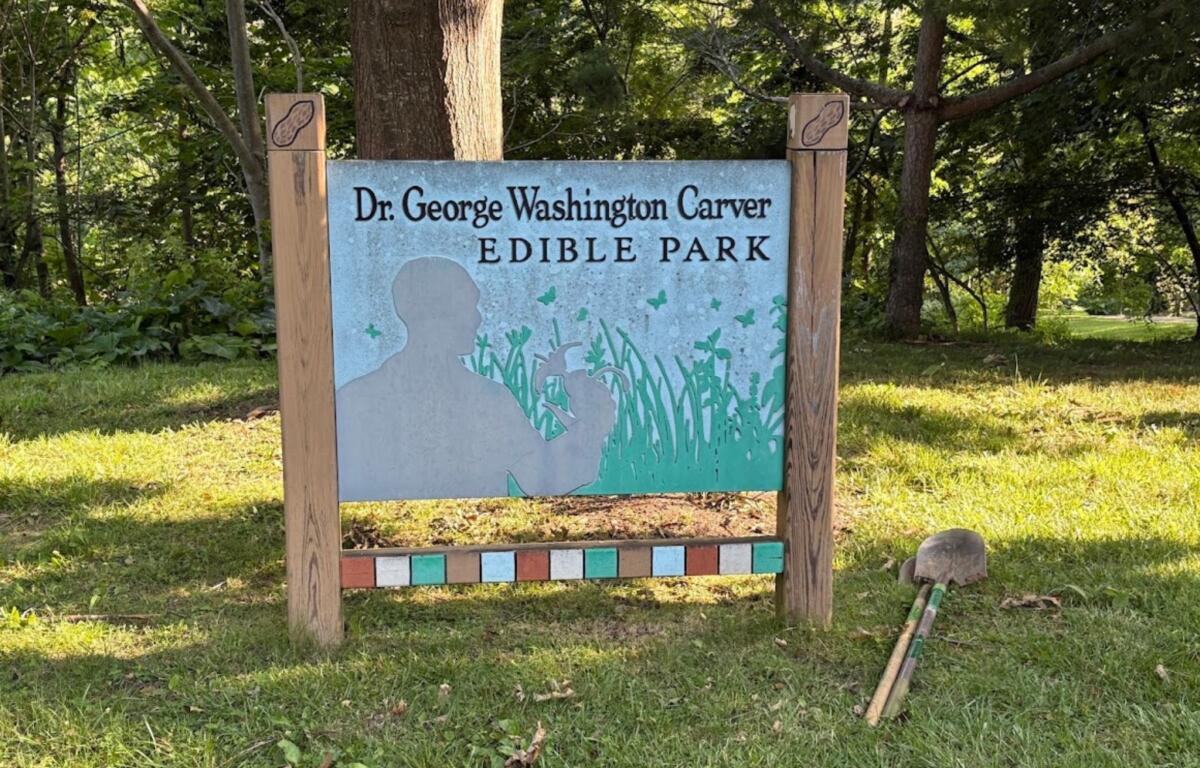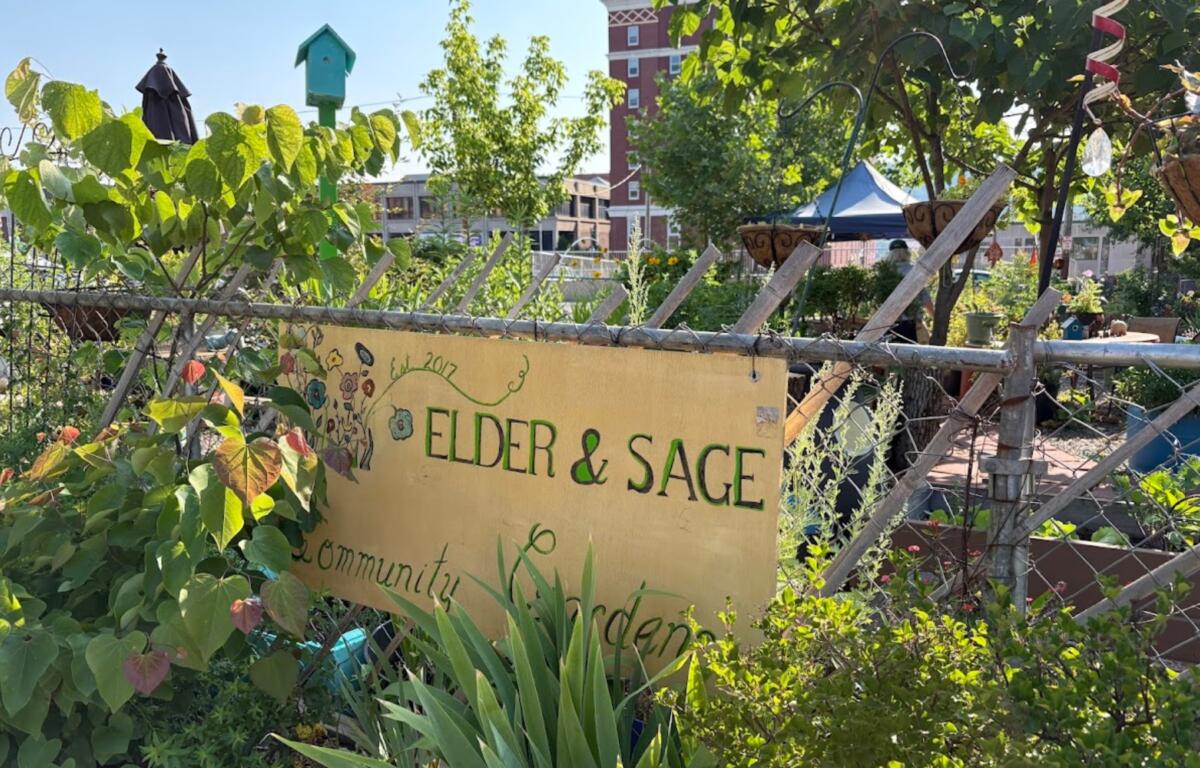ASHEVILLE, N.C. (828newsNOW) — Asheville is home to one of the nation’s first public food forests — the Dr. George Washington Carver Edible Park — and continues to expand its commitment to urban agriculture and community food access.

The park at the Stephens-Lee Recreation Center features more than 40 varieties of fruit and nut trees, vines and edible shrubs. It serves as a model and a gathering space for growing food in the community. Similar edible plantings can be found across the city at sites including the Tempie Avery Recreation Center, West Asheville Park and Magnolia Park, where mature fruit-bearing trees and shrubs thrive.
The city’s efforts are supported through partnerships with local nonprofits such as Bountiful Cities, which has contracted with the City of Asheville since 2018 to manage its Community Gardens Program. The program offers city-owned land for communal gardening, encouraging neighbors to grow and share fresh produce. Plots are available at no cost, and applicants receive support with establishment, planting and upkeep.
“Access to healthy, nutritious food and the ability to cultivate, harvest, process, sell, share and trade it helps build a thriving and resilient city environment,” city officials said in a statement on its AVL Edibles webpage.
Residents can explore Asheville’s edible landscapes via the Asheville Edibles Map, an interactive tool that highlights food-producing locations, from urban gardens to fruit trees. Community members are encouraged to contribute to the map and participate in harvesting and stewardship efforts.
Those interested in starting a garden on city land can contact Gardner Singleton at gardnersingleton@bountifulcities.org. More information is also available through Bountiful Cities’ Community Garden Network.
For seasonal highlights, the city recently shared tips for identifying and preparing red mulberries, a native fruit currently ripening across Asheville, and encourages residents to forage responsibly.


